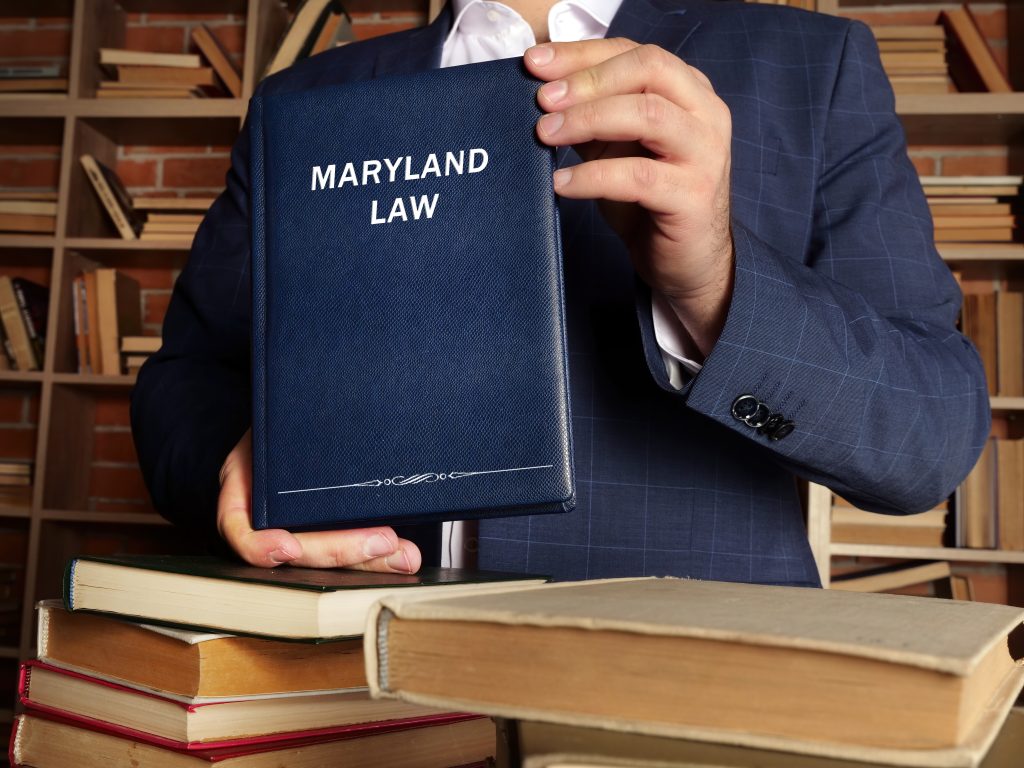
As a law school graduate or someone dreaming of becoming an attorney, the Maryland Bar Exam (MD Bar) is a big step. It’s important and a bit scary. This guide will give you the key strategies and insights to ace the MD Bar. This includes the Multistate Professional Responsibility Examination (MPRE), Multistate Essay Examination (MEE), and Multistate Performance Test (MPT).
If you live in Maryland or want to join the Maryland bar, this article is for you. It covers what you need to know, how to study well, and the perks of using bar review courses. By knowing the exam’s structure and what it expects, you can make a plan that fits your learning style and legal knowledge.
Aspiring attorneys in Maryland face a tough test: the Maryland Bar Exam. It checks their legal knowledge and skills. The exam has several parts, each testing different areas of their legal readiness.
The Maryland Bar Exam has a few key parts:
To take the Maryland bar exam, candidates must meet some rules. These include:
Knowing what the Maryland Bar Exam covers and the rules for admission helps law school graduates. It prepares them for the legal licensing process. This way, they can work towards becoming certified attorneys in Maryland.

Getting ready for the Maryland Bar Exam needs a plan. It’s important for law students and graduates to have good study habits. They should make a study plan, manage their time well, and use different learning methods to remember information better.
Having a regular study routine is key. It’s important to set goals you can reach and stay focused. Law students should use active learning, like practice questions and mock exams, to get better at legal concepts and solving problems.
Joining bar review courses can help law graduates prepare well for the Maryland Bar Exam. These courses give expert advice, lots of study materials, and practice tests. They help candidates make good study plans and increase their chances of passing. Using different resources, like practice tests and tutoring, can also make studying more effective.

The Maryland Bar Exam has three main parts. These are the Multistate Professional Responsibility Examination (MPRE), the Multistate Essay Examination (MEE), and the Multistate Performance Test (MPT).
To get into the Maryland Bar, you need a law degree from an approved law school. You must also pass a character and fitness check. Plus, you have to meet the rules set by the Maryland Board of Law Examiners.
Good study habits and managing your time well are key for the MD Bar Exam. Joining bar review courses and using resources like practice tests and study guides can also boost your score.
Bar review courses offer detailed study materials and personalized advice for the Maryland Bar Exam. They help you focus on your strengths and weaknesses. This way, you can study smarter and do well on the exam.
Passing the Maryland Bar Exam is just the start. You also need to know about legal ethics and Maryland law. Using tutoring, practical training, and keeping up with legal changes in Maryland will help you succeed in your legal career.